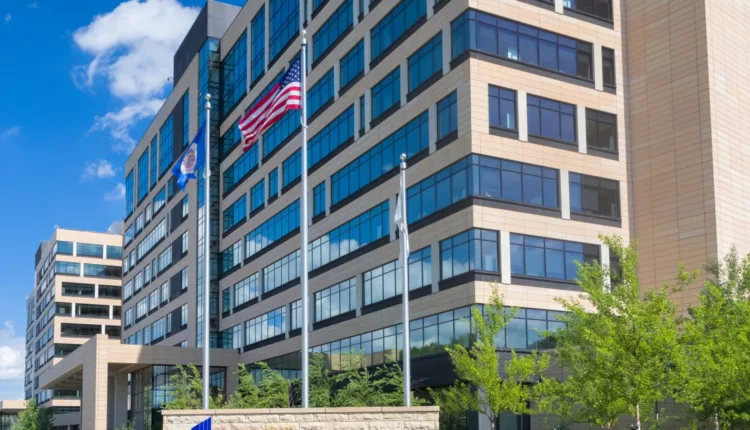
Florida Hospitals’ Cyberattack Impact: Nationwide Tech Invasion
TL/DR –
Change Healthcare, owned by UnitedHealth Group and a crucial part of the U.S. health care system, suffered a significant cyberattack on February 21. This attack has paralyzed health care payments, mainly impacting hospitals and patients in Florida and across the U.S., and is considered the most significant cyberattack against the U.S. health care system in history. The fallout from the attack has affected hospitals’ ability to bill for care, impacting cash flow which in turn affects payroll and the payment of staff, and patients are also feeling the effects as some struggle to get life-saving medications.
UnitedHealth Group’s Change Healthcare Suffers Significant Cyberattack
Change Healthcare, under the umbrella of insurance behemoth UnitedHealth Group, reported a cyberattack on Feb. 21. As a critical entity in the U.S. health care system, the company processes billions of transactions each year, matching insurance coverage with bills.
The cyberattack has disrupted healthcare payments across the U.S., significantly affecting Florida hospitals and patients. The American Hospital Association has tagged it as the most severe attack on the country’s healthcare system to date.
Mary Mayhew, president and CEO of the Florida Hospital Association, compared the impact to a disruption in the national electrical grid or aviation control towers. She stated that over 100 hospitals directly contract with Change Healthcare.
The attack has drastically affected hospitals’ ability to bill for provided care. This compromised cash flow impacts payroll and ultimately hampers hospital operations. The aftermath of the attack has reportedly stalled hundreds of millions of dollars in payments from insurance companies.
Change Healthcare also works with state government and Medicaid programs. The cyberattack has led to significant delays in processes like eligibility determinations and long-term care assessments. The ripple effect has affected patients, with people struggling to access life-saving medications or forced to pay out-of-pocket for them.
Mayhew assured patients that although data was breached in the cyberattack, they should not be alarmed about accessing healthcare services. UnitedHealth Group has since released a timeline to restore Change Healthcare’s systems. Electronic prescribing, claim submission, and payment transmission have been revived, while the electronic payments platform was slated for reactivation on March 18.
Despite this, Mayhew warned that a cash crunch will persist for weeks, and system recovery may not go smoothly. If financial relief from the federal government doesn’t come, hospitals may need to reschedule procedures. The Temporary Funding Assistance Program was launched by Optum, part of UnitedHealth Group, but according to Mayhew, it covers just 2% of the typical net payments from United.
Smaller healthcare providers and practices have especially felt the fallout from the cyberattack, with limited flexibility to go without payments. This cyberattack underscores the vulnerability of the U.S. healthcare system and represents a direct attack on the country’s infrastructure.
—
Read More Health & Wellness News ; US News
